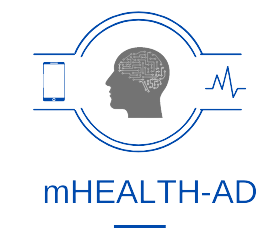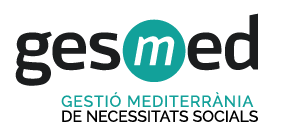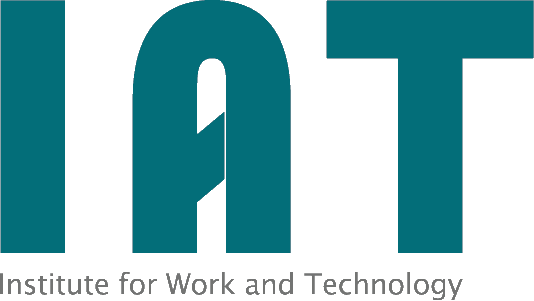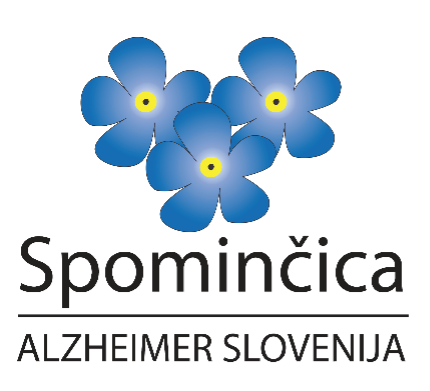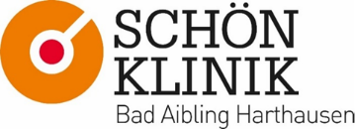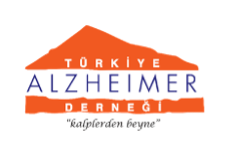ABOUT US
Project in a Nutshell
Alzheimer’s disease (AD) and other kinds of dementia affect almost 10 million people in Europe, most of whom are over 65, and the number is likely to rise. Evidence suggests that there is a significant prevalence of concomitant medical illnesses among people with dementia (PWD), which impacts a patient’s ability to self-manage. The PWD may experience difficulties living independently and will require assistance and care.
According to the Quality of Life Model, this support must be focused on empowering them toward self-management, which is defined as a process that “assists people in taking charge, addressing issues, and making decisions”
The European project mHEALTH-AD aims to promote the use of mobile health technologies (mHealth technologies) for people in the first stages of dementia (stages 2 to 4 of the Global DeteriorationScale (GDS)). mHealth technologies include applications that can be connected to medical devices or sensors(e.g. wristbands or watches), as well as technologies that are designed to help collect health information (vital signs such as blood pressure or body temperature) or to support acts of daily living such as taking medication. In addition to general mHealth technologies, there are specific applications for people with dementia that can support, for example, cognitive training, health and safety monitoring or social and leisure activities.
To advance the use of these technologies, the project will develop training materials and a serious game specifically for persons with mild dementia.
mHEALTH-AD Objectives
mHEALTH-AD is launched with the main objective of increasing the competencies of people with dementia for adopting mHealth technologies.
Specific objectives are:
- Increase self-management and empowerment of people with dementia regarding their health condition
- Transference of adapted information about existing affordable mHealth technologies
- Selected selection based on the general and specific acceptance criteria and how to use them
- Development of a training methodology based on “learning by doing” and “gamification” where people with dementia can be trained in a “friendly” environment
- Development of a Digital Serious Game which will motivate them to be engaged with mHealth technologies and increase their digital skills
- Sensitize persons with dementia for important physiological and psychological health parameters
- Improvement of digital skills of people with mild dementia
- Strengthen self-management and personal responsibility
- Improve general health status through the use of mHealth technologies
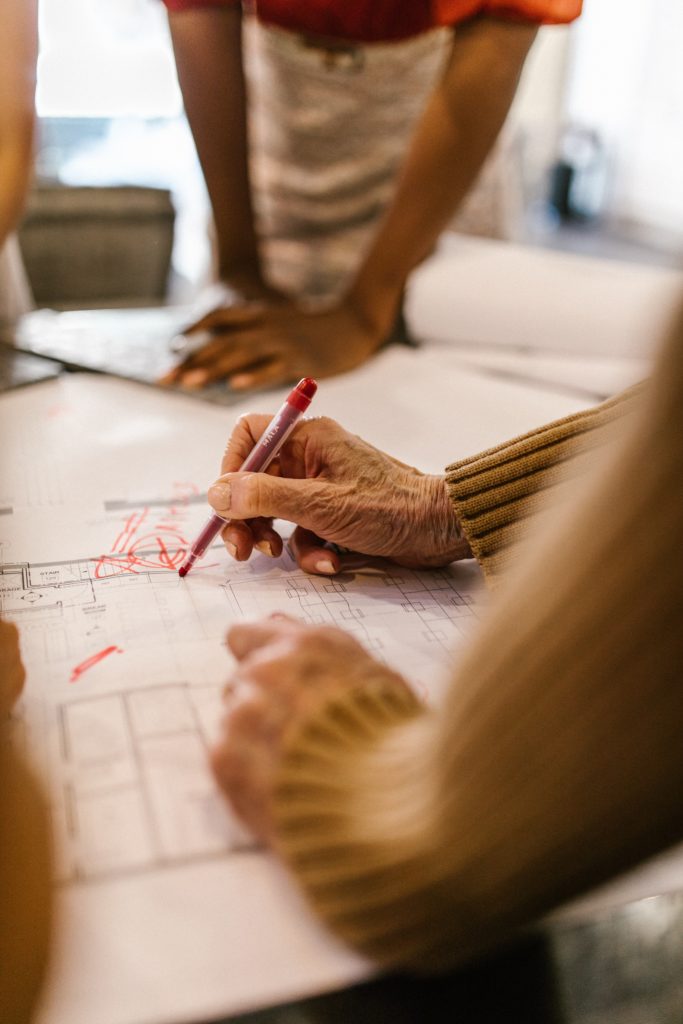
Milestones
To achieve all objectives, mHealth-AD has the following specific deliverables:
- PR1. CO-CREATED METHODOLOGIVAL GUIDE
The major goal of developing a Methodological Guide is to determine the key elements, procedures, and instruments needed to increase the competences linked to the adoption of mobile health (mHealth) technology by people with mild dementia (PWD).
- PR2. DESIGNED EXPERIENTIAL TRAINING ACTIVITIES
The Project Result will be geared at TRAINERS (mostly carers, relatives, or health professionals) because it will contain all of the information necessary to properly lead the training process. PWDs will be involved in circumstances of health self-management and will gain competencies by using mHEALTH solutions in the actual world.
- PR3. TRAINING MATERIALS
For TRAINEES (PWD), a set of Training Materials will be prepared to be utilized in conjunction with the Experiential Training Activities (PR2). They will aid in the development of PWD competencies in order to improve their health self-management through the use of mHealth solutions.
- PR4. DIGITAL SERIOUS GAME
PWD will be given access to a digital serious game that will help them better comprehend the ideas of mHealth, their benefits, enhance their motivation, and test their understanding of healthy practices.
- PR5. e-TRAINING PLATFORM
An e-Training Platform (PR5) will be developed to support the training experience, which will be adapted to PWD and fully customized to the training framework, with specific functions for enhancing the implementation of the Experimental Training Activities (PR2) and structured access to the Training Materials (PR3) based on each PWD’s specific training needs and embedding the mHEALTH-AD Serious Game (PR4).
